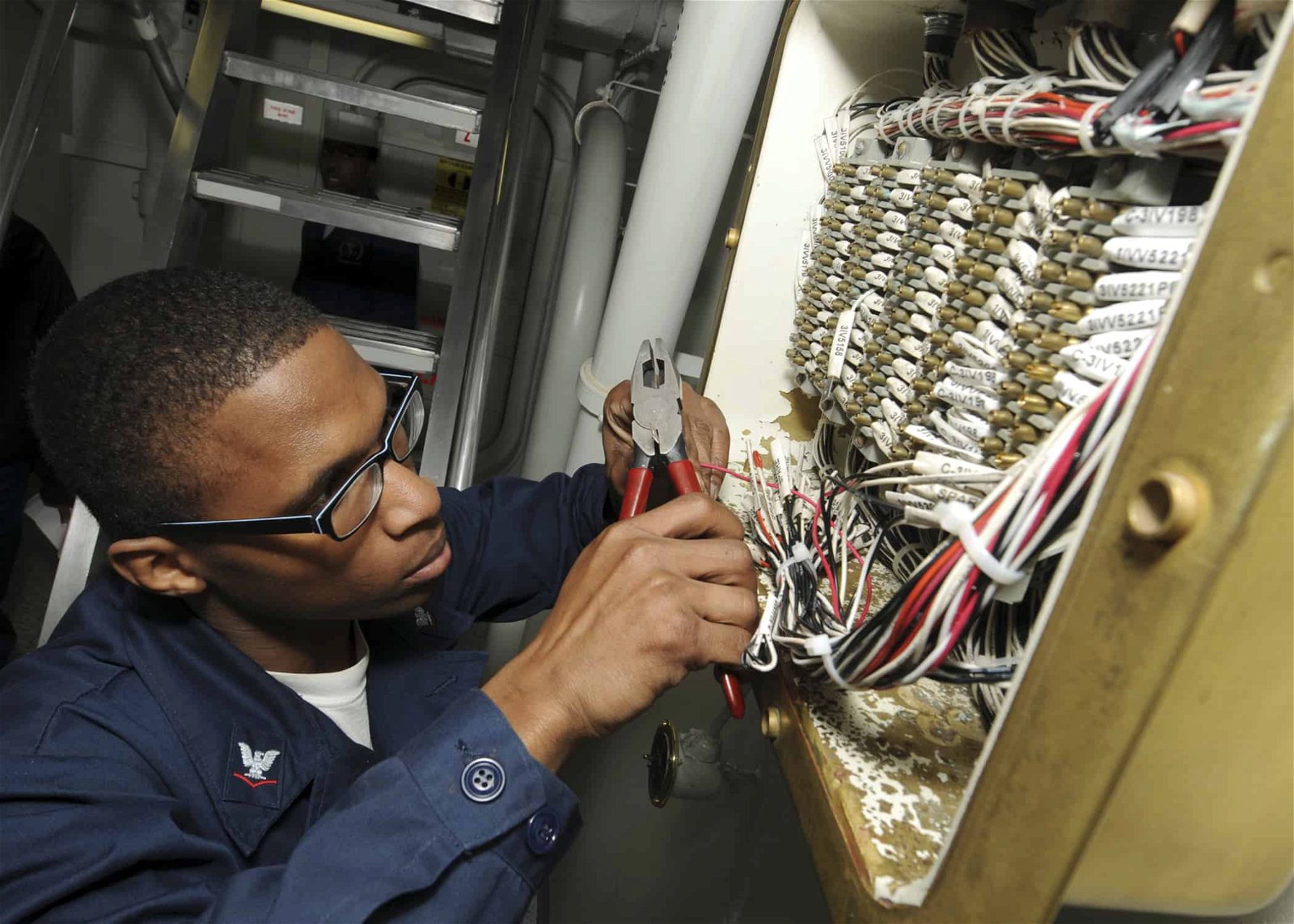Top-Notch BRE Electrical Services for Residential and Commercial Requirements
Top-Notch BRE Electrical Services for Residential and Commercial Requirements
Blog Article
Demystifying Electrical Installation: Understanding Codes and Regulations for a Legal and Safe Setup
In the world of electrical installation, adherence to codes and regulations is critical to make sure both legitimacy and security. The complexities surrounding electrical work can be difficult, however acquainting oneself with the well established criteria is key to browsing this area with self-confidence. By comprehending the ins and outs of the National Electric Code and regional structure codes, individuals can guarantee that their installments fulfill needed precaution and are in conformity with the legislation. Nevertheless, the journey to demystifying electrical installation exceeds mere familiarity with regulations; it demands a profound grasp of just how to carry out safe electric techniques successfully.
Significance of Electric Codes
The adherence to electric codes is important in ensuring the safety and security and reliability of electric installations. Electrical codes function as a set of requirements and standards that dictate the appropriate style, installation, and upkeep of electric systems. These codes are established to reduce the danger of electric threats, fires, and various other safety issues that may develop from damaged electric job.
.jpeg)
In addition, electrical codes are frequently upgraded to integrate new innovations, best techniques, and security actions. Staying upgraded with these codes is vital for professionals in the electric industry to make sure that their work satisfies the most up to date safety and security standards. Inevitably, the significance of electric codes depends on developing a protected and reliable electrical facilities that profits both individuals and areas.
Key Rules for Security
Numerous essential laws regulate the safety standards in electric setups. One key guideline is the National Electrical Code (NEC), which provides standards for safe electric style, installation, and examination to secure people and building from electrical hazards. The NEC covers facets such as electrical wiring methods, grounding, overcurrent security, and tools setup to make certain a risk-free electric system.
An additional vital regulation is the Occupational Security and Health Management (OSHA) standards, which concentrate on the safety of workers associated with electrical view publisher site installations (BRE Automation web link Australia). OSHA guidelines consist of requirements for proper training, safety procedures, and individual safety tools to prevent workplace mishaps and injuries
Additionally, the International Electrotechnical Compensation (IEC) standards aim to harmonize electric installation laws on an international range. These criteria address concerns like electrical devices security, electromagnetic compatibility, and power effectiveness to advertise uniformity and security in electrical installations worldwide.
Compliance with these vital guidelines is vital to make certain the safety and security and validity of electric setups, securing both individuals and home from the risks linked with electrical energy.
Comprehending National Electric Code
Key regulations such as the National Electric Code (NEC) provide important standards for secure electrical layout, setup, and inspection to make sure the security of people and building from electrical hazards. The NEC, also called NFPA 70, is a detailed set of requirements for electrical setups that are updated every three years. It is created go right here by the National Fire Security Organization (NFPA) and is widely adopted across the United States.
The NEC covers different facets of electric job, consisting of electrical wiring methods, grounding, overcurrent security, and equipment setup. It aims to secure individuals and property by attending to possible risks connected with electric systems. Conformity with the NEC is typically imposed by regional authorities having territory (AHJs), such as constructing code authorities and assessors.
Understanding the NEC is essential for electrical contractors, designers, and inspectors to guarantee that setups satisfy the needed safety and security needs. By sticking to the NEC standards, professionals can help prevent electrical accidents and guarantee the reliability of electrical systems in domestic, industrial, and commercial settings.

Conformity With Regional Building Codes
Understanding and sticking to local structure codes is crucial for making sure the safety and compliance of electric setups within a specific territory. These codes outline details requirements for electric installations, such as the kind of circuitry to be utilized, positioning of electrical outlets, grounding techniques, and load capabilities.
When it comes to electrical setups, failure to comply with regional building codes can result in major repercussions. Non-compliant installments might posture safety hazards, enhance the danger of electrical fires, and lead to costly penalties or lawful concerns.
Ensuring Safe Electrical Practices
Practicing stringent adherence to developed safety procedures is crucial in the field of electric installments to minimize potential risks and guarantee the health of people and buildings. Safety and security in electric job incorporates various facets, beginning with the correct training of employees entailed in installment, upkeep, and repair service. By focusing on risk-free practices, electric setups can function efficiently while reducing the likelihood of accidents or damages.
Verdict
To conclude, adherence to electric codes and policies is important for guaranteeing the safety and validity of electrical installations. Recognizing the National Electric Code and conformity with regional building regulations are crucial for a secure arrangement. By complying with these guidelines and exercising risk-free electric methods, individuals can avoid possible dangers and guarantee the correct functioning of their electric systems.
Report this page